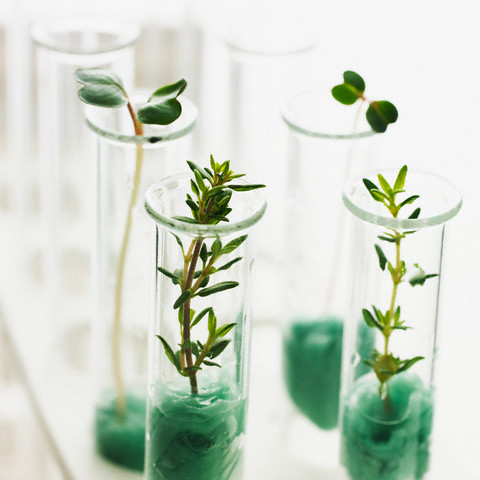International Journal of Pure & Applied Bioscience (IJPAB)
Year : 2017, Volume : 5, Issue : 3
First page : (709) Last page : (725)
Article doi: http://dx.doi.org/10.18782/2320-7051.3090
Climate Change and its Impact on Food Quality
Mudasir Ahmad Bhat*, Hafiza Ahsan and Shabber Husain
Sher-e-kashmir University of Agriculture Science and Technology, Shalimar, Srinagar, Jammu and Kashmir
*Corresponding Author E-mail: mudasagar@gmail.com
Received: 5.06.2017 | Revised: 14.06.2017 | Accepted: 15.06.2017
ABSTRACT
Human activities have changed the composition of the earth’s atmosphere resulting in rising global temperatures and sea levels. Continuation of GHG’s emission will increase temperature from 1.1-5.4 oC by 210020. The higher temperatures reduce net carbon gain by increasing plant respiration more than photosynthesis3. Temperature increase and the effects of greenhouse gases are among the most important issues associated with climate change. The production and quality of fresh fruit and vegetable crops can be directly and indirectly affected by high temperatures and exposure to elevated levels of carbon dioxide and ozone35. The increase in temperature affects photosynthesis directly, causing alterations in sugars, organic acids, flavonoid contents, firmness and antioxidant activity49. Carbon dioxide accumulation in the atmosphere has direct effects on postharvest quality causing tuber malformation, occurrence of common scab, and changes in reducing sugars contents on potatoes17. High concentrations of atmospheric ozone can potentially cause reduction in the photosynthetic process, growth and biomass accumulation. The attack of toxigenic fungi on crops and products has the potential of creating great risk. Mycotoxins are climate dependent, also influenced by non-infectious factors (e.g. bioavailability of (micro) nutrients, insect damage, and other pests attack), that are in turn driven by climatic conditions. Climate represents the key agro-ecosystem driving force of fungal colonization and mycotoxin production30. Adaptation is needed to reduce adverse impacts of climate change but it also should focus on exploiting possible opportunities via technological, institutional and societal innovations20 (IPCC, 2001). In agriculture adaptation strategies are strongly linked to mitigation strategies, both should be evaluated in coherence and not in isolation.
Key words: climate change, food quality, mycotoxins, mitigation.
Full Text : PDF; Journal doi : http://dx.doi.org/10.18782
Cite this article: Bhat, M.A., Ahsan, H. and Husain, S., Climate Change and its Impact on Food Quality, Int. J. Pure App. Biosci.5(3): 709-725 (2017). doi: http://dx.doi.org/10.18782/2320-7051.3090





